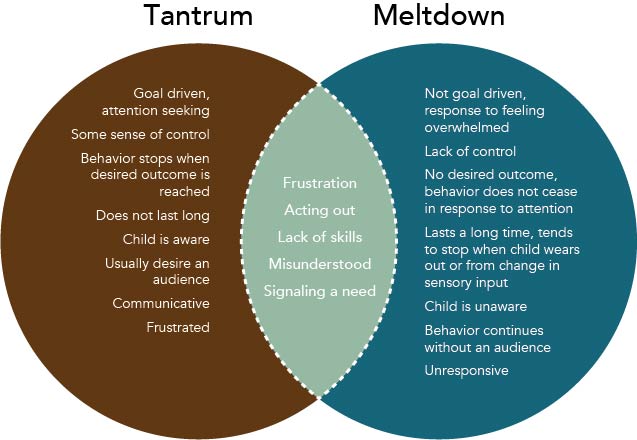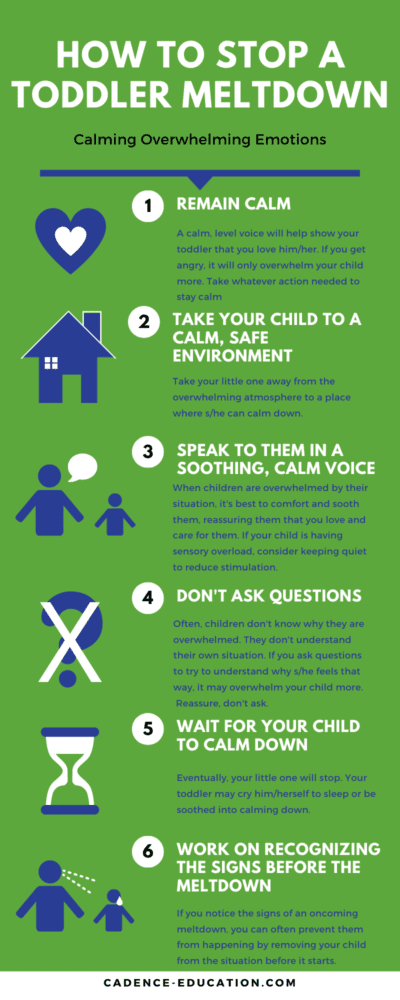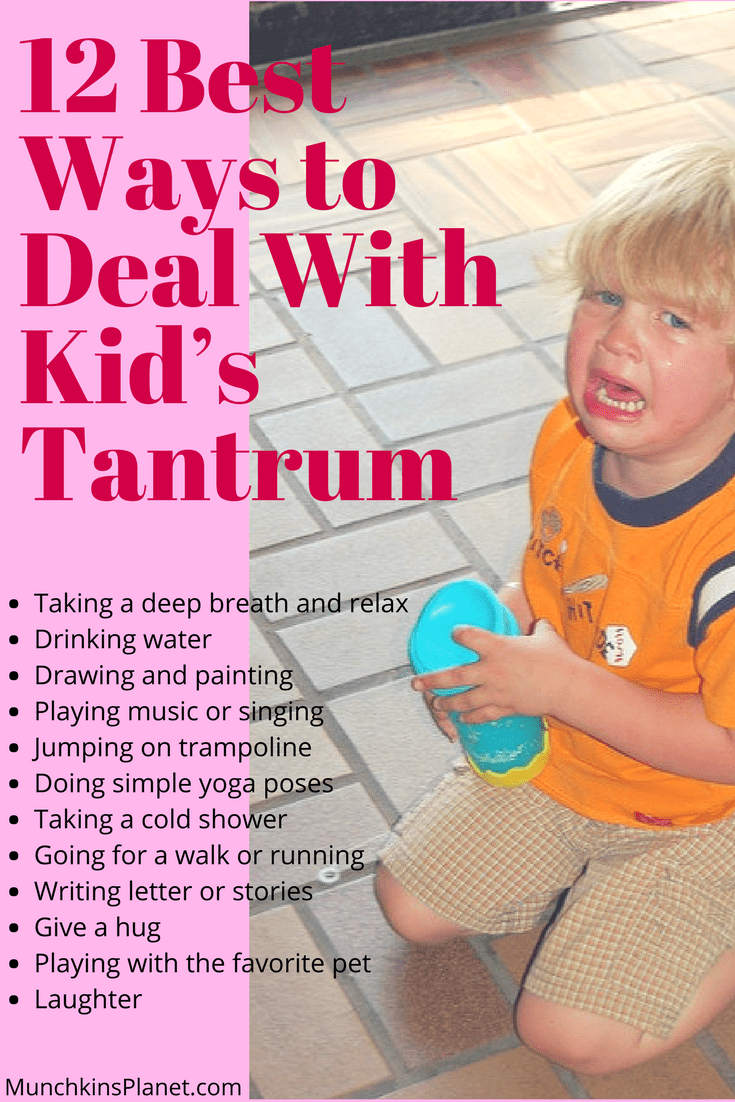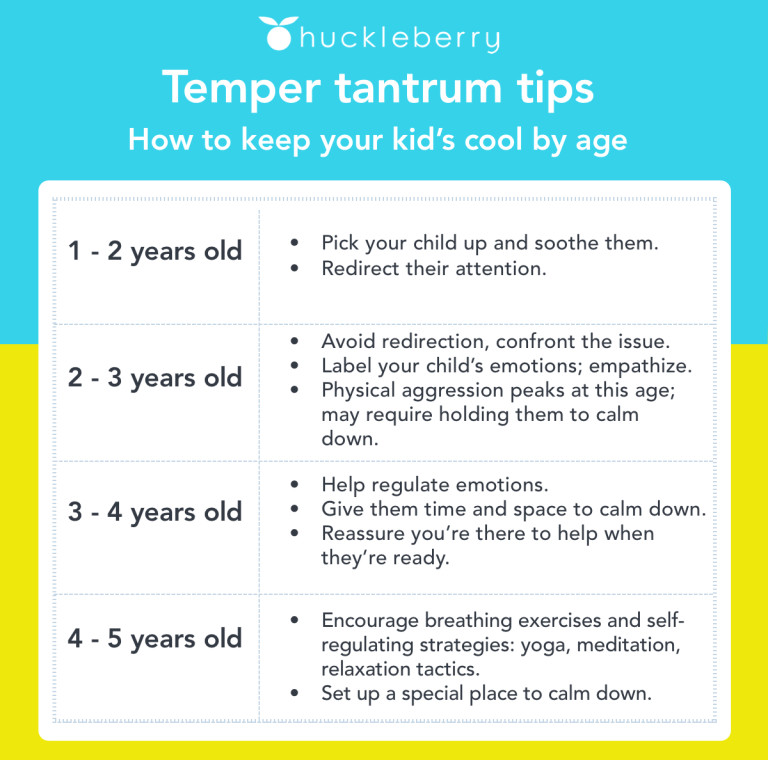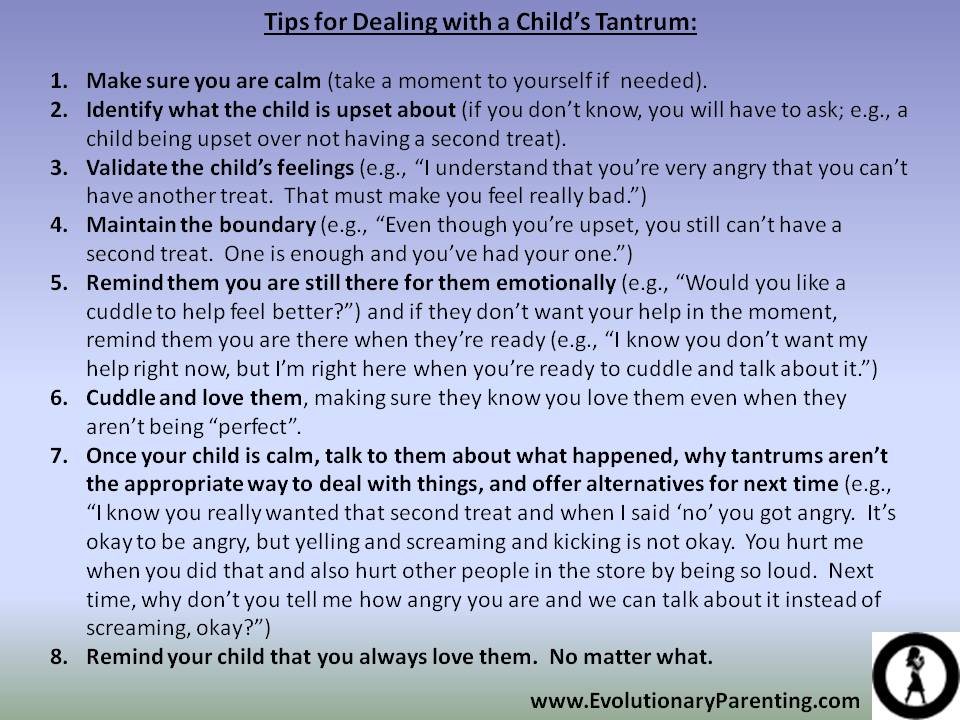Best Tips About How To Cope With Tantrums
/Foap-Little_Miss_Temper-2e0af0dd61c04f2da9d743480ea8ee17.jpg)
You need to help him recognise his emotions (so name them), understand them and show him how to deal with them.
How to cope with tantrums. “i can see that you’re. If it is a public tantrum, you may have. This is no guarantee or quick fix.
Doing this will help your child feel heard. Stick to the routine as much as. The first rule in responding to an adult temper tantrum is that you have to stay calm and not get engaged.
You can’t plan for every circumstance that triggers a meltdown or rage attack. How to respond to tantrums. Move the child to a safe place.
How to cope is a manner of approaching a tantrum. Shouting will only make the situation worse. You can do this by reading stories (lonigro et al, 2013).
You can try to prevent tantrums by identifying triggers, observing your child’s emotions, and reducing their stress. If your child is having a public tantrum, pick them up and carry them calmly to a safe place. Here are some ways to help prevent tantrums:
Run errands when your child isn't likely. How to cope know your triggers. If you’re feeling at the end of your tether, take 5 and follow these simple steps:
It might look something like this: Children and tantrums differ so do we as adults. How to deal with extreme tantrums when they happen the first step is to address the safety issue.
Take them to your car or a public restroom, where they can blow off steam. Establish a daily routine so that your child knows what to expect. Here is a basic guide on how to deal with tantrums.
Let the child know that you understand what they’re going through. If the person having a. To that end, introducing mindfulness habits such as early morning journaling, meditation, and performing yoga are some great exercises for keeping adult tantrums under.
Your child’s screaming and yelling may make you feel angry, disappointed, and embarrassed if it occurs in. When they start screaming in the.


